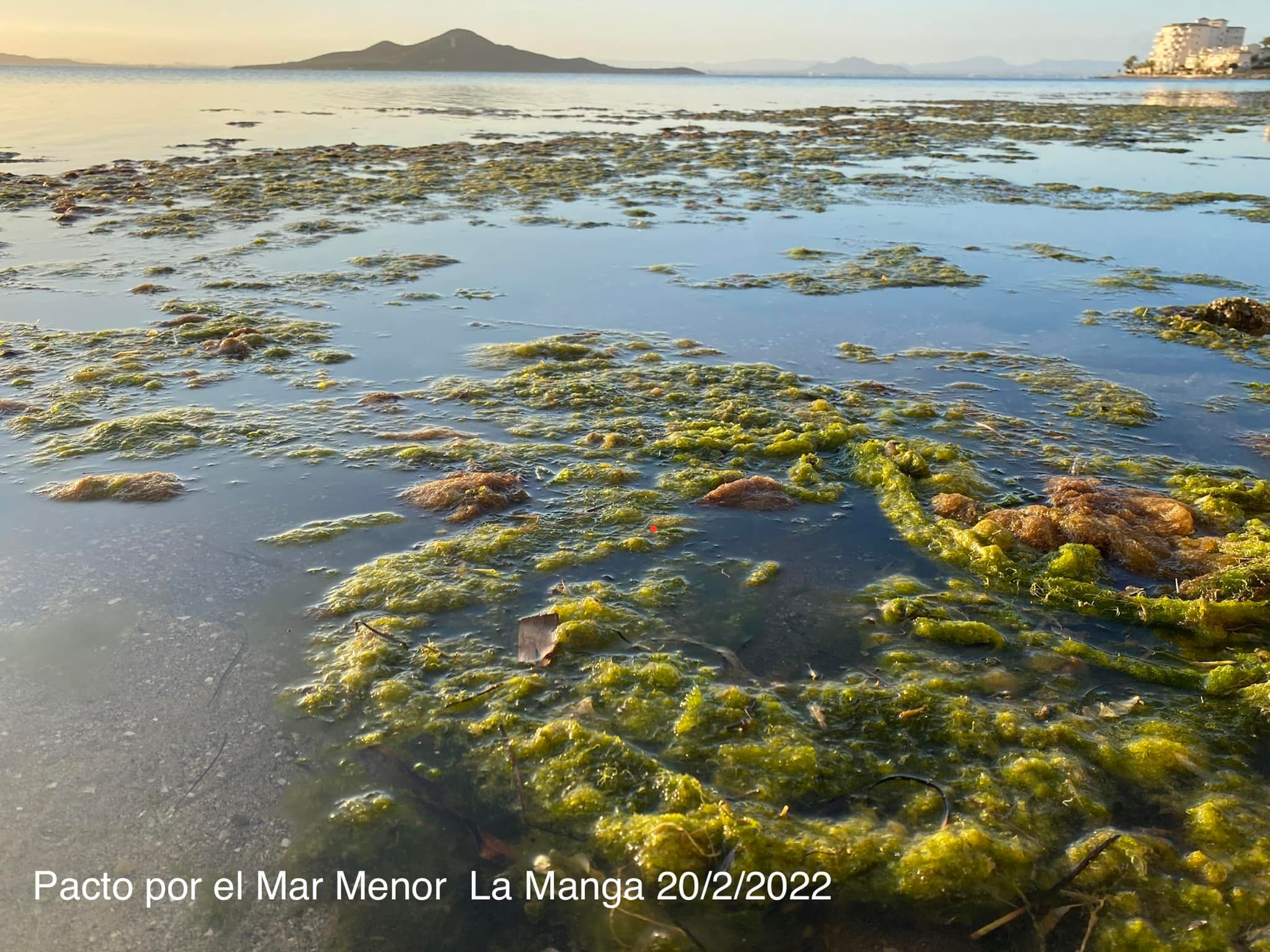
Spain is about to bestow juridical personhood on an ecosystem. It will be the first of its kind in Europe.
A law that will give the Mar Menor, the continent’s largest saltwater lagoon, juridical personhood, is in the last stages of the parliamentary process. The final vote of approval is expected from Spain’s senate in the coming weeks.
The law was proposed as a citizen’s initiative based on approximately 650,000 signatures gathered in 2021 following years of political inaction in the face of the obvious extensive degradation of the Mar Menor. The calm, clear natural seawater lake was a regional and national jewel for recreation and fishing until the last few decades.
The intensification and bad management of almost every human activity from farming to vacationing, mining, logging, and boat and ship traffic filled the Mar Menor with invasive species, Mediterranean Sea water, sewage, sediment, nutrient runoff, and pollution, slowly killing native species and turning the crystal blue waters a murky brown-green from excess algae growth. In 2016, it had officially become a disgusting ‘green soup,’ evident not only to the naked eye but also on satellite images. The damaged ecosystem is no longer amenable to human activity or native aquatic species—the excessive algae suck up the oxygen that fish need to breathe, for example. Mass die-offs of aquatic species have been noticeable since 2017. The long-snouted seahorse nearly vanished; smelt, shrimp, crab, eels—critters that have vital and economic value—had all but disappeared, affecting the livelihoods of fishermen. Clean-up efforts helped restore numbers in 2019, but the lagoon of 2022 still has a long way to go before its habitat is what it was even ten years ago.
Every citizen and politician agrees that something needs to be done, but not everyone is certain that designating the Mar Menor juridical personhood status is the right move.
“The novelty is that we are leading a European and global movement to recognize the rights of natural systems with life, when throughout history they have already been granted even to companies,” Teresa Vicente, philosophy of law professor at the University of Murcia and the leader of the citizen’s initiative explained to Spanish newspaper ABC.
“The Declaration of the legal personality of the Mar Menor and its basin will allow autonomous governance of the coastal lagoon, understood as an ecosystem worthy of protection in itself, a legal novelty that enhances the treatment given up to now: the lagoon goes from being a mere object of protection, recovery and development, to be an inseparably biological, environmental, cultural, and spiritual subject,” details the text of the bill.
Giving legal personality to the lagoon implies a limit to the exercise of other rights that can deteriorate the lagoon, such as the right to property, freedom of enterprise, and economic development, according to experts in favour of the bill.
Practically, it also grants the lagoon three guardians: a Committee of Representatives, a Monitoring Commission, and a Scientific Committee made up of a mix of stakeholders, government administrators, citizens, and scientists. Also, any citizen would be able to take up the defence of the lagoon in court.
Other legal experts find the lagoons’ juridical personality status as legally murky as the waters the bill aims to clean up.
Santiago González-Varas, Professor of Administrative Law at the University of Alicante, told ABC he appreciates the good intention of the law and the frustration of citizens but fears this type of regulation “generates a notorious uncertainty,” in how the legal mechanism will function in reality.
Other legal experts concur with González-Varas that the formula does not fit in well with the legal system.
González-Varas sees “more political slogan than basis law” behind this initiative.
“You have to ask whoever invented it, I don’t know what it is for, what it is, it sounds strange, strange, like a political issue, with the current government it gives the impression that all evils are solved with this, it is something very Spanish,” González-Varas explained to ABC.
The conservative party VOX has opposed the bill on the same grounds, calling it a “’Bolshevik experiments’ of the Left” that only adds layers of bureaucracy without functionally addressing the problems. The party has also proposed a series of measures to directly address the contamination problem, including improving municipal sewer systems and implementing measures to prevent dirty agricultural run-off from landing in the Mar Menor.
Some rivers in Colombia, Ecuador, India, and New Zealand have been given personal juridical status at the request of various indigenous populations that consider them to be on the same legal level as individuals.
